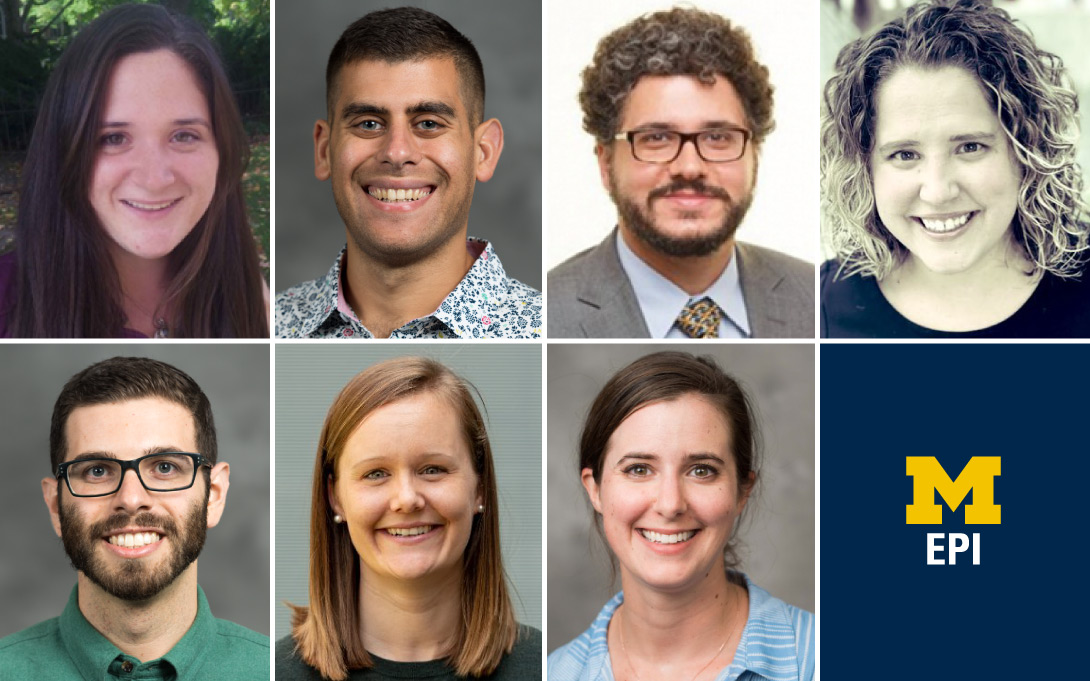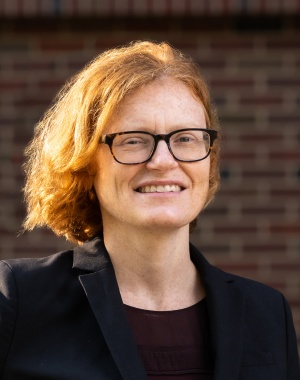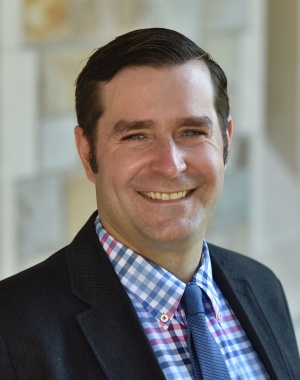
The Education Policy Initiative (EPI) Training Program in Causal Inference in Education Policy Research (CIEPR) graduated its first full cohort of PhDs in 2021. First funded in 2015, the focus of the program is to prepare doctoral students to design, implement, and analyze research to causally evaluate education programs and policies in collaboration and partnerships with educational agencies. The interdisciplinary program has been funded by grants from the Institute of Education Sciences (IES) in the U.S. Department of Education, and engages students from the Ford School, the School of Education, the departments of economics and sociology in the College of Literature, Science, and the Arts, and Rackham Graduate School.
The seven graduates have gone on to work in academia (Colby College, University of Virginia, University of Chicago), policy research (Mathematica), and policy/practice (Iowa College Aid, Minneapolis Community & Technical College).
Max Gross (PhD Economics ‘20), one of the two who went to Mathematica, where he works as a researcher, says the CIEPR fellowship introduced him to the vast amount of education data available for research purposes. “These resources helped focus my dissertation on issues of key interest to education policymakers, which helped me pursue a career conducting meaningful public policy research and translating findings from that research to stakeholders,” he says.
Stacey Brockman (PhD Education ‘21), also at Mathematica as a researcher in its human services department, had a deep interest in K-12 education before graduate school. Her experience with CIEPR allowed her to apply her passion for education equity to policy contexts and research, which she uses daily in her work. She says, “The skills and approaches to causal inference that I gained through the IES training shaped both the work that I do and my identity as an educational scholar.”
That focus on equity resonates with Christina Weiland, faculty co-director of EPI. "Education has the power to improve outcomes and address inequality, but identifying which policies and programs work and why can be challenging. Many of the most pressing questions about education policy are of a causal nature, that is, how does a particular policy affect an outcome that we care about? This fellowship equips students with the data and methodological tools to help shed light on these questions and inform policymakers’ decisions at every level."
A postdoctoral scholar in the Department of Economics at the University of Chicago, Andrew Simon (PhD Economics ‘21) appreciated the network of people he met with similar research interests. He fondly remembers that sense of community the program encouraged. “The fellowship allowed me to fully explore my interests in education research early on with helpful guidance from faculty. I was able to quickly develop and build a research portfolio and work with people who were interested in answering similar questions. I am leaving the program with a network of colleagues and co-authors that I will continue to talk to and work with throughout my career,” he says.
The unique access to statewide data through the Michigan Education Data Center (MEDC) was especially relevant for Anna Shapiro (PhD Education ‘20), now a postdoctoral researcher at the University of Virginia’s Curry School of Education and Human Development. ”The opportunity to work with the MEDC data helped prepare me for my position now, working on projects in early childhood policy as part of a research-practice partnership,” she says, adding that having the CIERS community share works in progress to learn about other people's research in different fields has been helpful in developing her own research agenda.
The HAIL scholarship project gave Stephanie Owen (PhD Public Policy and Economics ‘21) insight into the research process, from design to implementation to analysis to publication. Now assistant professor in the Economics Department at Colby College, she said it was for her “A model of a successful research-practice partnership.”
“Seeing what this cohort is now doing validates the premises of the program,” says Kevin Stange, faculty co-director of EPI. “Our goal is to train doctoral students to apply the foundational methods of causal inference to their work in educational research, policy, and practice. Our alums are doing just that in their new positions.”
The first five years of the program have supported 19 interdisciplinary PhD students in their research activities. The program has resulted in a number of publications: 15 journal publications have been authored (or co-authored) by CIEPR fellows in training; the fellows have authored (or co-authored) seven non-periodical publications (i.e. book chapters, etc.), nine working papers with various education focused academic organizations, and seven policy briefs.
Also completing their studies were Meghan Oster (PhD, Education ‘21 - Center for the Study of Higher and Postsecondary Education), who is a statistical research analyst at Iowa College Aid, and Fernando Furquim (PhD, Education ‘21 - Center for the Study of Higher and Postsecondary Education), who is director of Institutional Effectiveness at Minneapolis Community & Technical College.
Program Website: https://www.edpolicy.umich.edu/training/predoctoral/


